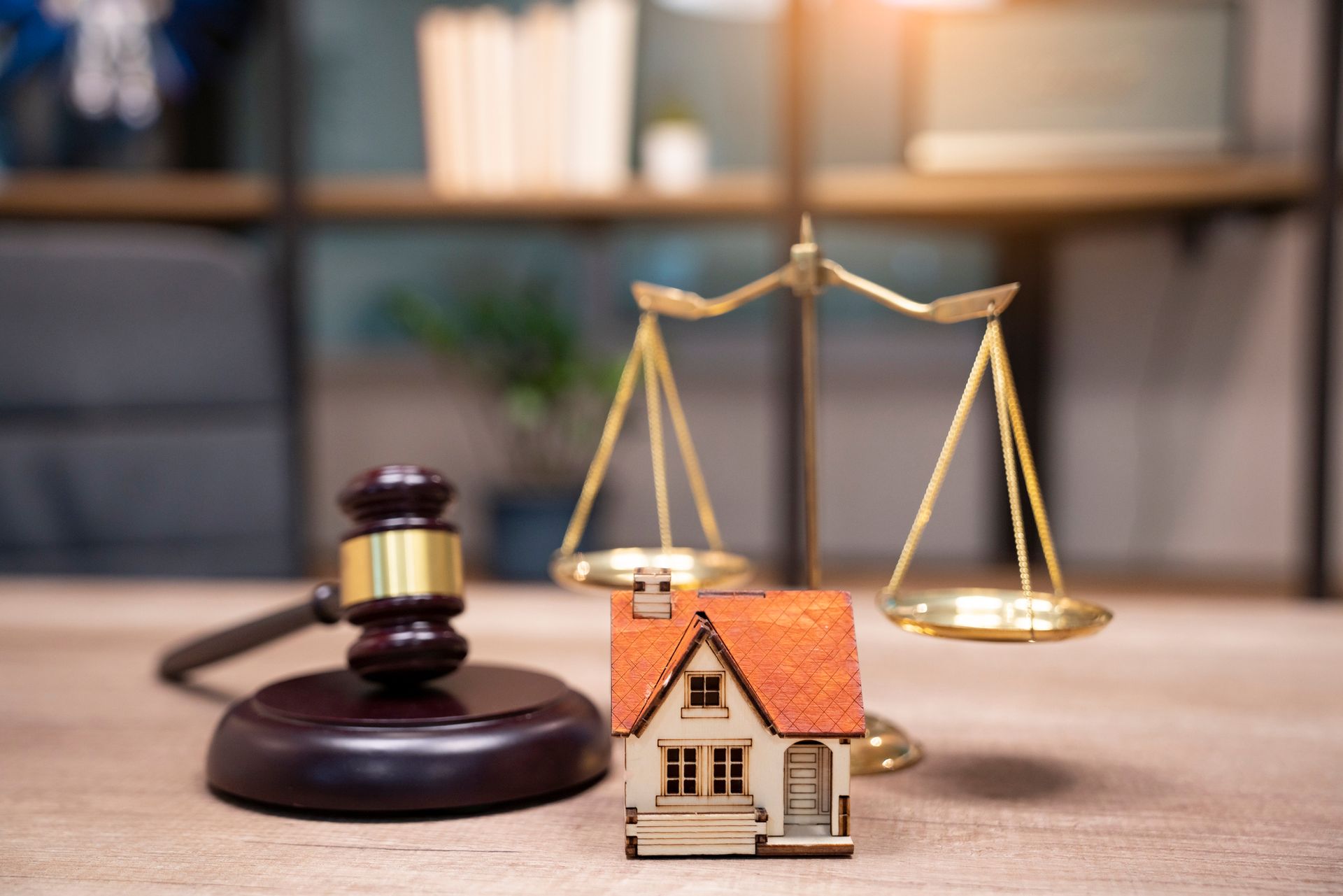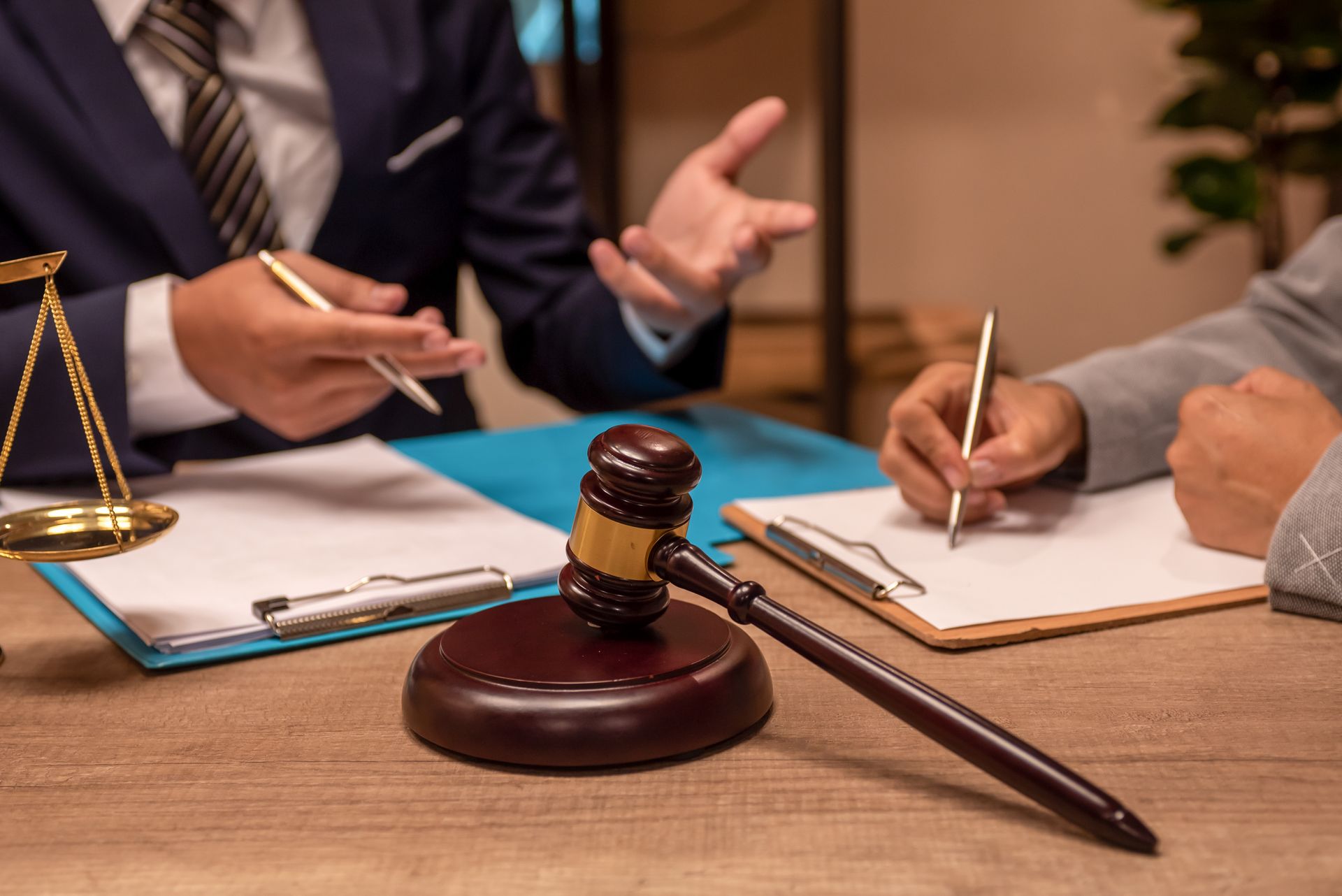Monmouth County Estate Planning; It's More than Just a Will

When you think about end-of-life planning, you no doubt think of a will. A will is an important legal document that includes your intentions for your assets and inheritances after you are gone. A will can also advise your loved ones about guardianship over children or pets, how to carry out your funeral arrangements, and your final wishes for your legacy. Your will is an essential part of your estate plan—but it is just one aspect of a larger plan to help protect you and your loved ones legally and financially.
Here are a few reasons why you need more than just a will:
1. Comprehensive Protection
Yes, a will can cover many essential details about your final wishes. Still, it cannot encompass the complex legal needs that an estate plan covers. A good estate plan will outline your desires concerning everything you own, those you care about, and all the things you have an interest in (like a business or nonprofit). In order to cover all of the critical aspects of your life, an estate plan should include at least:
- A will
- A healthcare power of attorney
- A durable power of attorney
- Designations of beneficiaries and guardianship
The intention of an estate plan is to support your desires concerning family and friends and allow you to maintain control over your assets and responsibilities even after you are gone. While a will is essential in this process, it cannot cover all your estate planning needs.
2. Establish Healthcare Directives
While many consider an estate plan for after they are gone, a big part of establishing an estate plan is determining end-of-life care. If you ever become incapacitated in your ability to make healthcare decisions, it is critical that you have established a person you trust to make these choices on your behalf. A will alone typically cannot cover these vital healthcare directives or empower loved ones in critical, time-sensitive moments. Establishing an estate plan with a healthcare power of attorney can give your trusted loved one legal control over these choices when it matters.
3. Establish A Durable Power of Attorney
Like establishing who can control your healthcare decisions, you must also establish who can make financial decisions on your behalf. Just like a medical power of attorney, a durable power of attorney can help you and your loved ones not just in the event of your passing but if you are in any way unable to make your own financial decisions. Temporary or long-term disability can impact your ability to pay bills and leave you or your loved one with a giant financial headache. Designating a trusted loved one to make legal and financial decisions for you can empower your loved one to make decisions that reflect your wants and needs.
4. Minimize Tax Problems
Relying on a will to cover the entirety of your estate plan leaves your loved ones vulnerable to estate taxes. New Jersey estate taxes can take a big chunk out of your heirs' inheritance, minimizing the impact of your hard-earned assets. An effective estate plan can help you establish trusts and utilize other legal solutions to reduce the effect of estate taxes on your heirs. An estate planning attorney can guide you toward the best legal solutions for you, your assets, and your loved ones.
At Veitengruber Law, we know that a robust estate plan is way more than just a will. We help our clients protect themselves, their loved ones, and their legacy. Reach out to us today for a consultation!










